Position
The Louca lab is looking for a postdoctoral researcher to work at the interface of big-data microbial genomics and macroevolution using computational techniques and mathematical modeling. The postdoc will use mostly publicly available bacterial and archaeal genomic sequence data to understand the macroevolutionary and ecological processes shaping global microbial diversity. The precise topic is flexible and may span a variety of systems (e.g., global, ocean, animal-associated, etc.) and time scales (geological, Anthropocene). This position is mostly computational and mathematical, however there might also be opportunities to collaborate (as co-author) with other lab members on experimental/field-work projects. The position is for one year, with possibility of extension upon satisfactory performance.
The main responsibility is research and scientific publishing. The postdoc is expected to develop a research plan early on in coordination with the PI. The postdoc is also expected to assist in student supervision and other minor lab-related activities. If so desired, opportunities to teach will also likely exist (see below). The postdoc is expected to relocate to Eugene prior to the start of the appointment, however most of the time it will be possible to work from home.
The starting date is somewhat flexible, but around Fall 2021 is preferred. Salary is based on the number of full years of relevant postdoctoral experience and follows NIH NRSA fellowship guidelines (grants.nih.gov/grants/guide/notice-files/NOT-OD-21-049.html). The position includes a generous package of benefits, including contributions to social and health insurance, as determined by University of Oregon policies.
Skills required
Applicants must have a strong background in bioinformatics, biostatistics and relevant computer programming (such as in python or R). Experience in any of the following topics is also particularly advantageous: microbiology, molecular biology, microbial genomics, metagenomics, phylogenetics, phylogenomics, mathematical modeling, developing new bioinformatics methods. Applicants must have a proven strong ability to conduct independent quantitative research, to articular scientific questions and findings, and to publish in respectable scientific journals as first authors. Applicants should hold a PhD in an area of computational biology, microbiology, molecular biology, bioinformatics, computer science, physics or related subject by the start date of the appointment.
Teaching opportunities
The University of Oregon is currently strongly expanding its curricula and research agenda in data science and quantitative biology, including a new data science undergraduate program and a bioinformatics and genomics Master's program. This expansion presents great opportunities for postdoctoral fellows who want to gain experience in teaching to boost their academic portfolio. If so desired, the postdoc hired through this call will likely have opportunities to design and teach an undergraduate or Master's-level course in bioinformatics or related topic, as instructor of record, under the mentorship of PI Louca and other faculty.
Resources available
The Louca lab manages a "dry-lab" space for computational work and a "wet-lab" space for molecular biology research. We manage several high-end Mac Pro workstations, and lab members also have access to a modern supercomputing cluster managed by the University of Oregon. The Institute of Ecology and Evolution comprises a large and vibrant community of ecologists and evolutionary biologists and offers a variety of opportunities for additional activities, including seminars, journal clubs and social events.
Life in Eugene
Eugene is a relatively safe, quiet, family-friendly and bike-friendly town, located in one of the most idyllic regions of the US, in beautiful Oregon. Whether it's skiing in the winter, hiking or fishing in the summer, or seeking hidden hot-springs in the woods, Eugene is an ideal starting point for nature enthusiasts. Public transport in Eugene is relatively well developed, and UO is conveniently situated within walking distance of the town centre, the beautiful Willamette River and Alton Baker Park.
Equal opportunity
The University of Oregon is an equal opportunity, affirmative action institution committed to cultural diversity and compliance with the ADA. The University encourages all qualified individuals to apply and does not discriminate on the basis of any protected status, including veteran and disability status. The University is committed to providing reasonable accommodations to applicants and employees with disabilities. UO prohibits discrimination on the basis of race, color, sex, national or ethnic origin, age, religion, marital status, disability, veteran status, sexual orientation, gender identity, and gender expression in all programs, activities and employment practices as required by Title IX, other applicable laws, and policies.
Application procedure
To initiate the application process, contact PI Stilianos Louca by email (contact details at www.loucalab.com). Please include a detailed CV, a list of publications, contact details for 2 potential referees, a description of research experience and interests (maximum 2 pages), and any other materials you wish to share that might help us evaluate your suitability (e.g., authored computer code, upper-level academic course transcripts and grades, etc.). Please also indicate when you would be able to start this position. Applications will start being considered on April 10, 2021, on a rolling basis until a suitable candidate is found.
